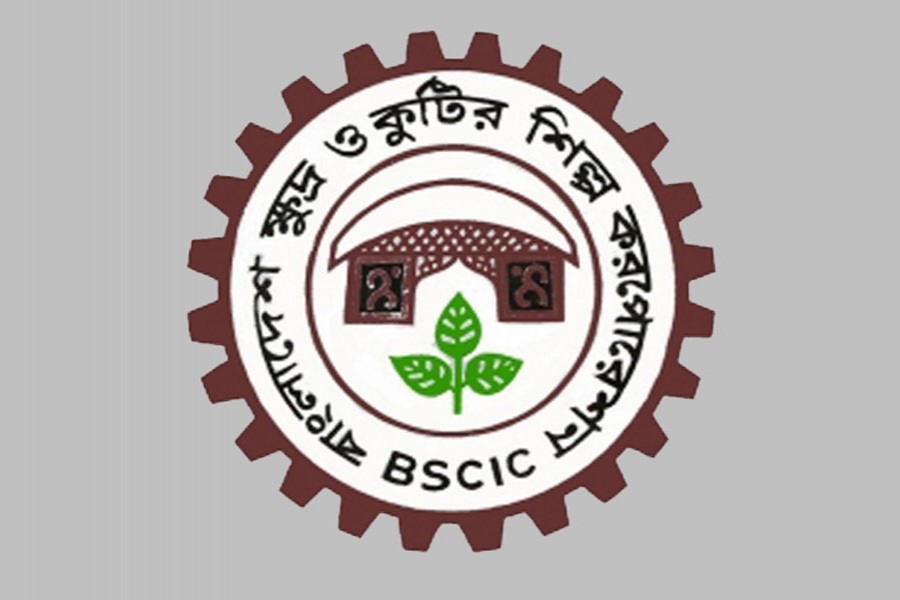
Published :
Updated :

A report carried in a Bangla contemporary on spare parts and accessories manufactured by the country's small and cottage industries presents a disquieting picture. Large government plants and manufacturing units are reluctant to procure such replacement components from the small manufacturing enterprises. No, there is no complaint against the products. Those are reported to meet the standard and specification on demand. Also, these small productive units have duly obtained their registration, to meet the agreed requirements, as sub-contracting units with the Bangladesh Small and Cottage Industries Corporation (BSCIC). A policy instrument was adopted by the ministry of industry in 2010 for procurement of such products by large industries under the subcontracting arrangement. Notwithstanding the agreement signed with the BSCIC, the majority of the 31 large government industries are not using spare parts and products from the small and cottage industries. These giant manufacturing units have reportedly placed orders equivalent to only Tk 6.0 billion over the past 35 years.
Such big industries are rather interested in procuring accessory items from abroad. The motive, complain the small entrepreneurs, is nothing but alleged hidden income for officials of manufacturing plants. Decreasing orders placed by the government industrial units to local small units are shrinking the latter's share in the country's gross domestic product (GDP), mentions the report. This is certainly an alarming sign. Small and cottage industries, including light engineering, cannot flourish if those face such motivated obstacles. The small entrepreneurs are unhappy that the BSCIC is not monitoring the large government manufacturing units' inventories for procurement. Their other complaints include flimsy excuses of lack of quality of their products for rejection of their bids as well as engagement of local agents who frustrate or obtain their international bids through intrigues.
There has been rhetoric aplenty over the years about patronising small and cottage industries. An overpopulated country like Bangladesh needs employment and its widespread distribution. So the small manufacturing units suit the country best. If such industries produce only primary consumer goods, there is little option for value addition. The country also needs a sustainable development of backward linkage through such small manufacturing units ---labour-intensive or not. Light engineering has a huge prospect here but if the government industries do not encourage production of local spare parts and accessories simply because of personal gains, the country's interests become a casualty. One plus point of such manufacturing units is their limited capacity for environment pollution. Those can even be turned into eco-industries more easily through adoption of green energy.
The good news is that the Bangladesh Railway uses as many as 900 such locally produced items at its ChattogramPahartoli assembling and repairing plant. There are 1,288 registered small industries and another 2,800 units are registered as backward linkage factories. Clearly, interdependence between industrial units is a precondition for their overall enhanced performance and the country's economic advancement and redistribution of benefits. On this count, the government policy is clear and straightforward. Some quarters are taking advantage of their position to serve their narrow interests at the cost of industrial take-off at the grassroots level. This has to be stopped in the interest of industrial and economic development of the nation.


 For all latest news, follow The Financial Express Google News channel.
For all latest news, follow The Financial Express Google News channel.